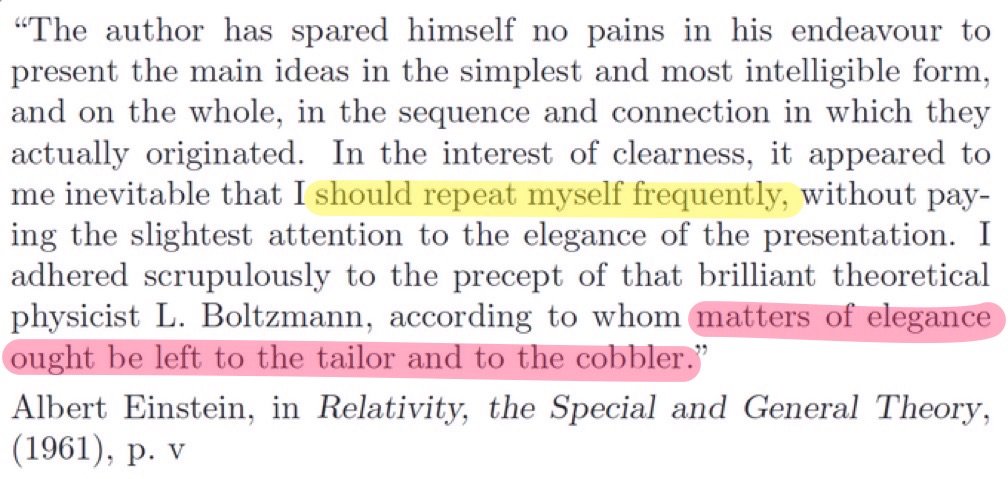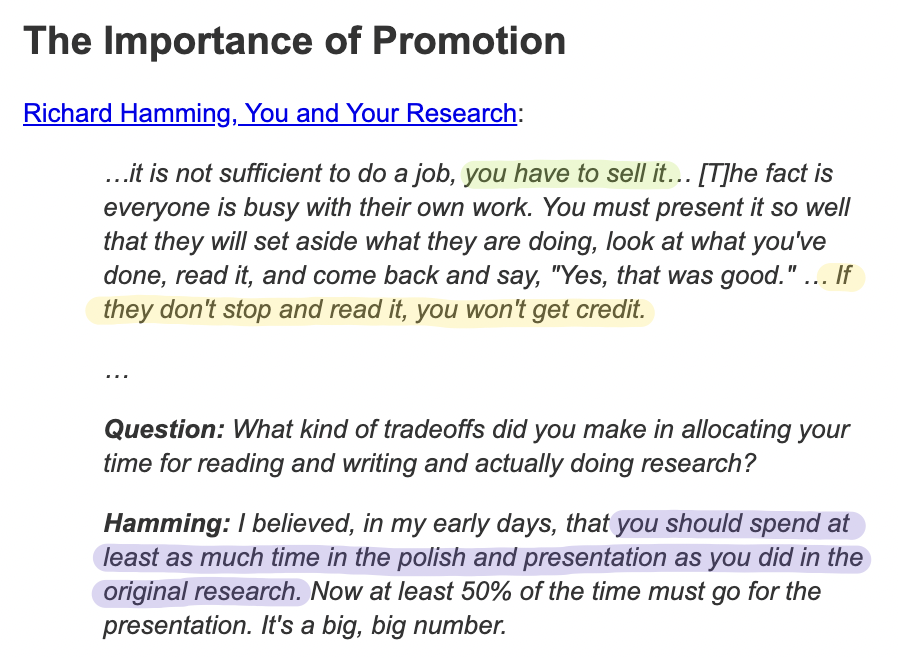
The world is filled with talented people who can't be creative because they're just trying to make it.
But give them a little bit of cash so they can work on what they want for a year, and they'd creatively explode.
This story about Harper Lee is my favorite example.
But give them a little bit of cash so they can work on what they want for a year, and they'd creatively explode.
This story about Harper Lee is my favorite example.

I'm moved to tears every time I tell this story about Harper Lee.
Encouraging others and raising their aspirations is one of the most productive activities you can do. And who knows... you might just inspire the next great novel.
(h/t @tylercowen)
Encouraging others and raising their aspirations is one of the most productive activities you can do. And who knows... you might just inspire the next great novel.
(h/t @tylercowen)

I know many talented people who've been able to take risks because some wealthy person said: "Work on something so ambitious that you can't sleep at night, and if you fail, you'll always have a job working for me."
Society needs more of this so people can take risks.
Society needs more of this so people can take risks.
Sources: The original book is called Furious Hours: Murder, Fraud, and the Last Trial of Harper Lee.
Here's the @tylercowen article I referenced earlier: "At critical moments in time, you can raise the aspirations of other people significantly."
marginalrevolution.com/marginalrevolu…
Here's the @tylercowen article I referenced earlier: "At critical moments in time, you can raise the aspirations of other people significantly."
marginalrevolution.com/marginalrevolu…
• • •
Missing some Tweet in this thread? You can try to
force a refresh













